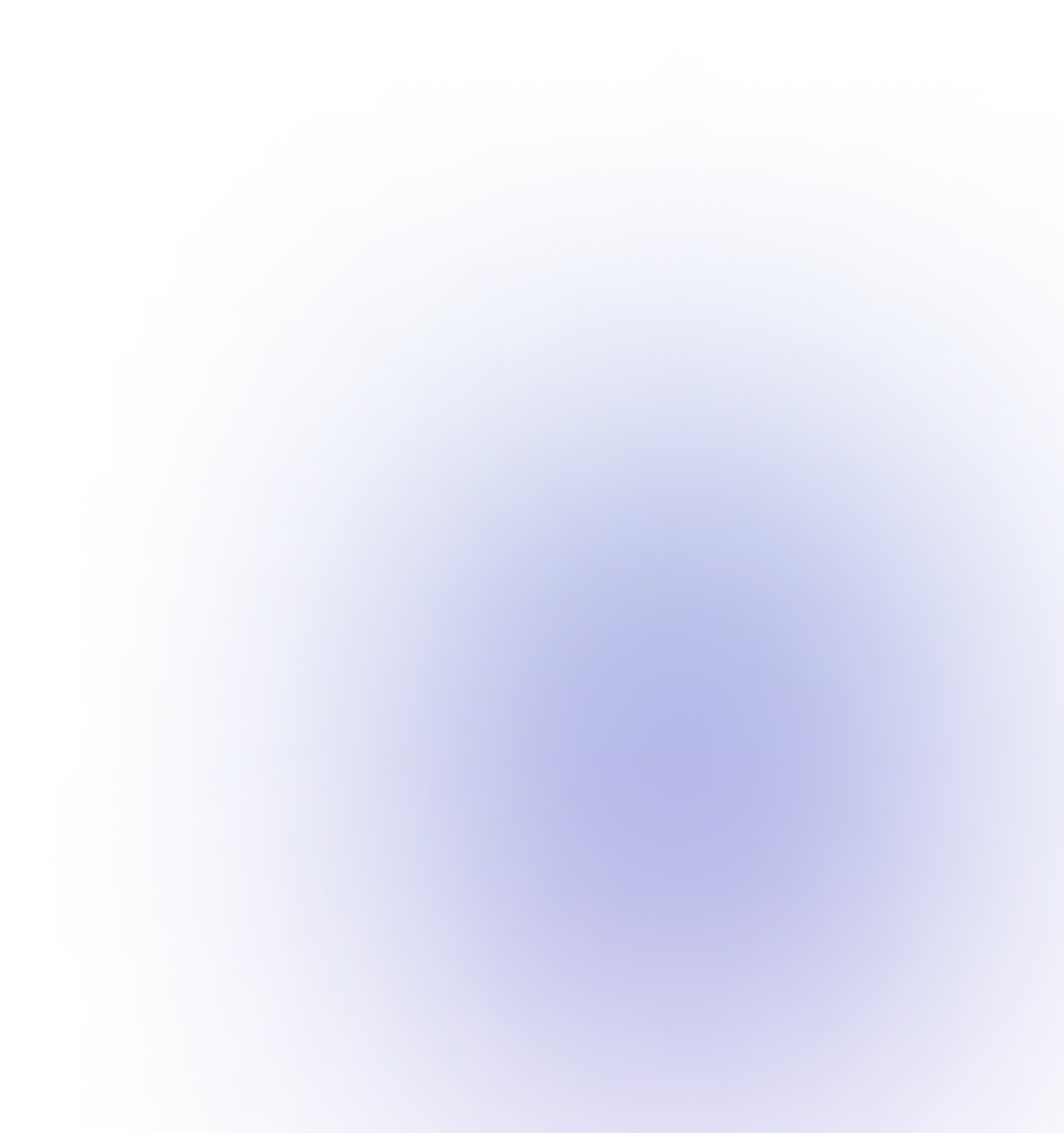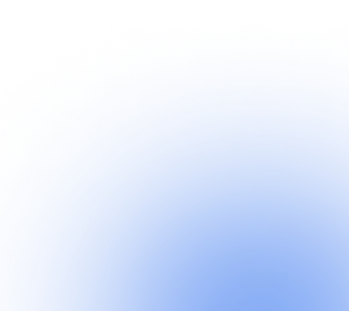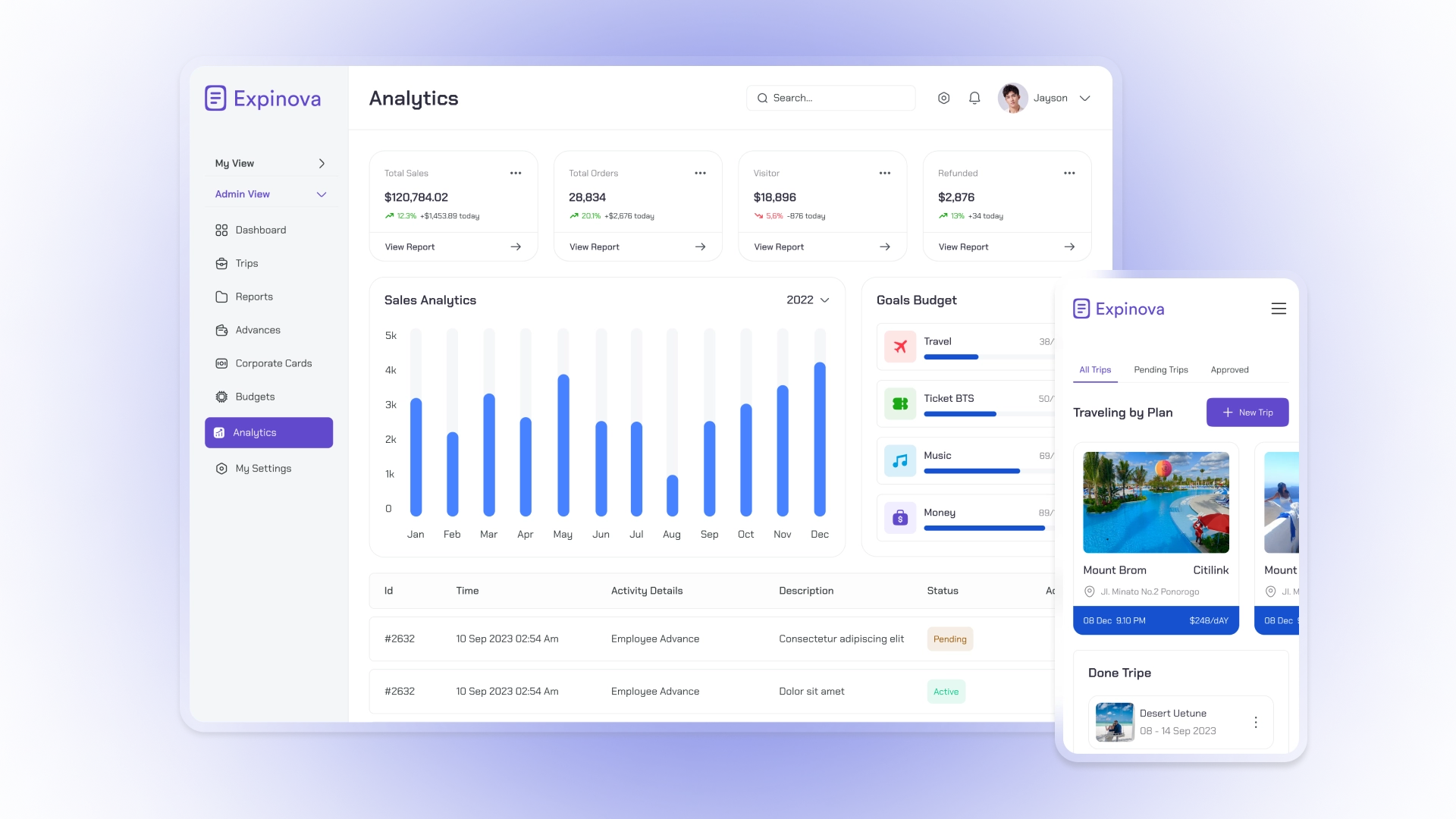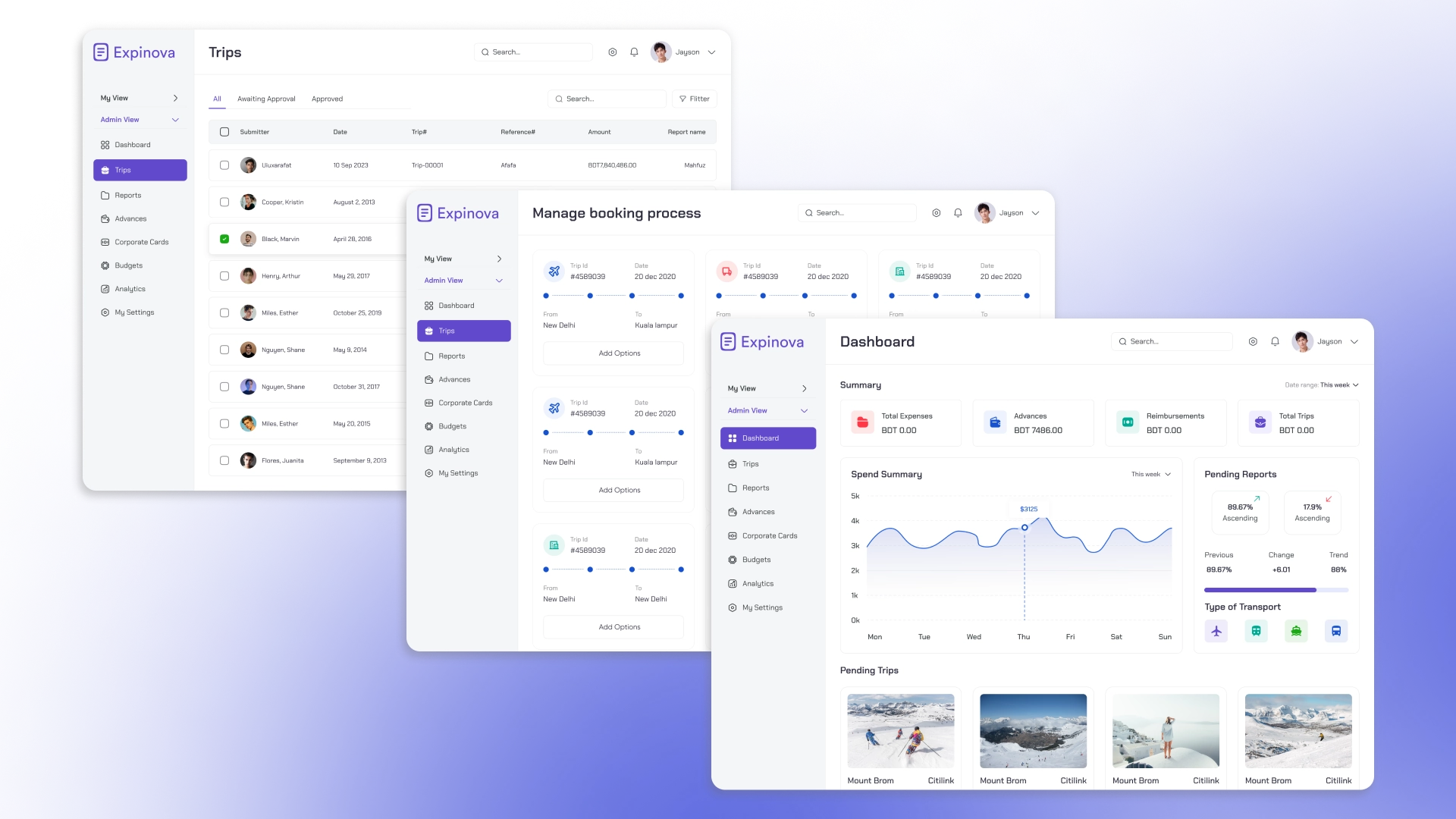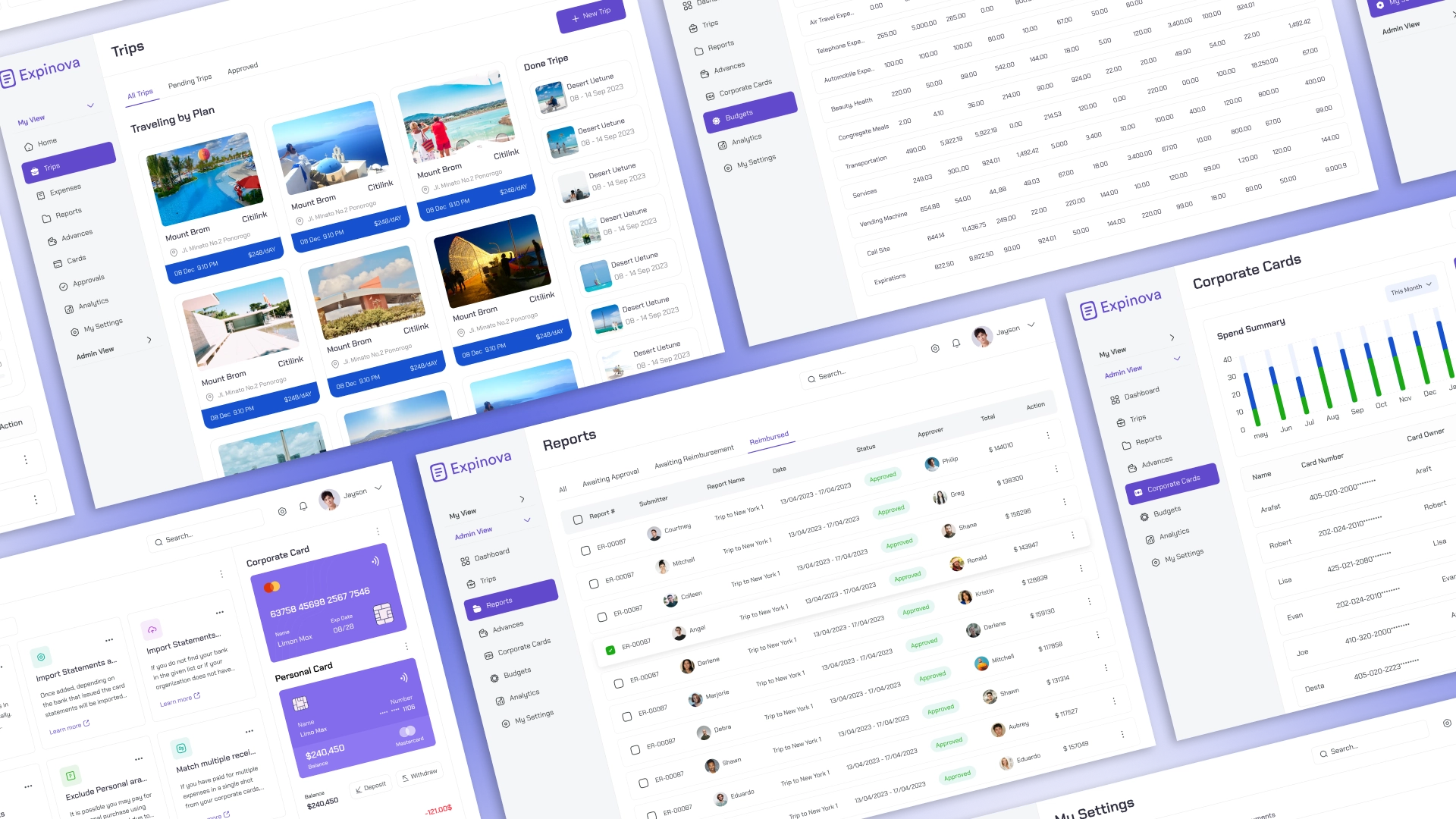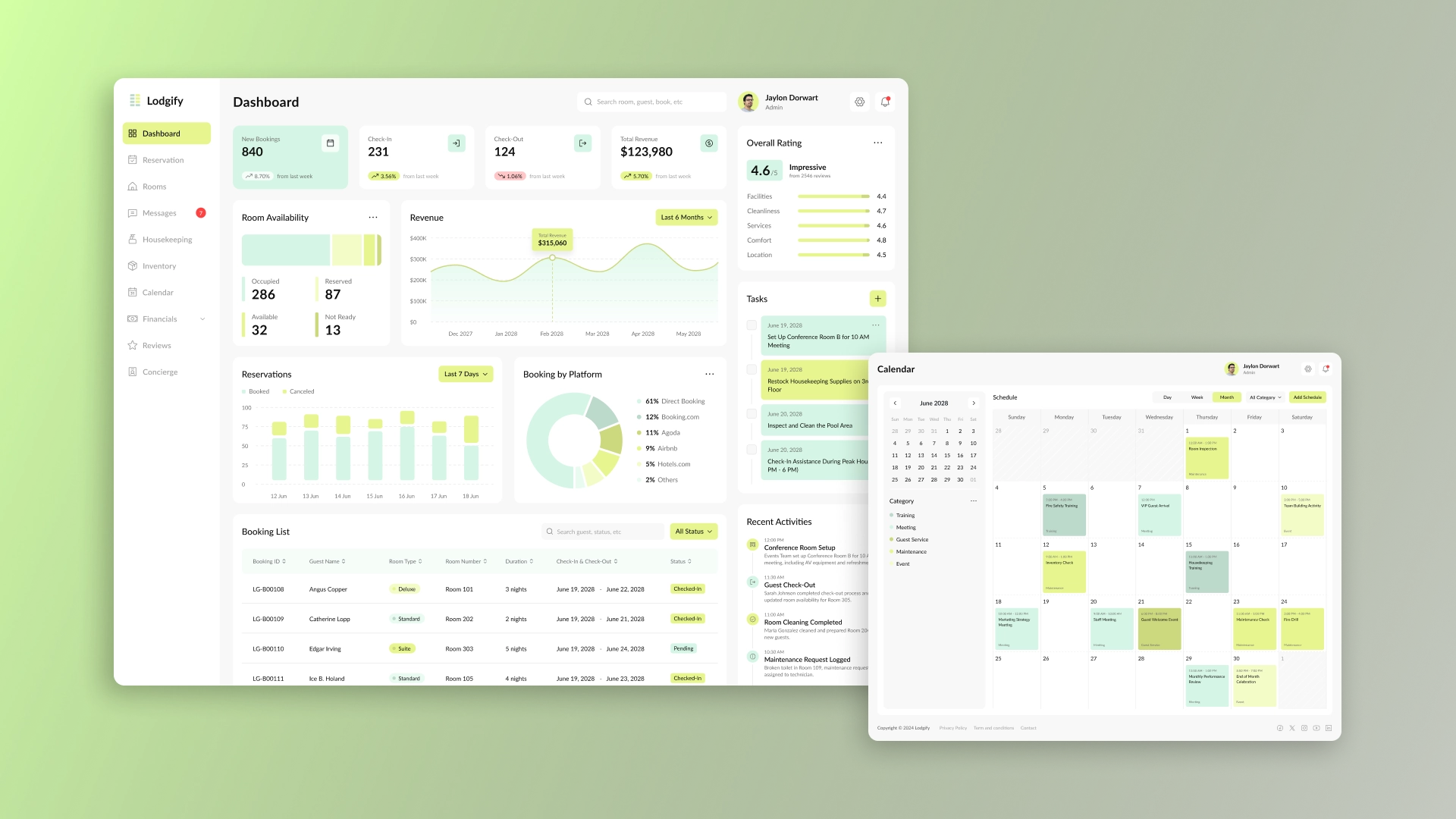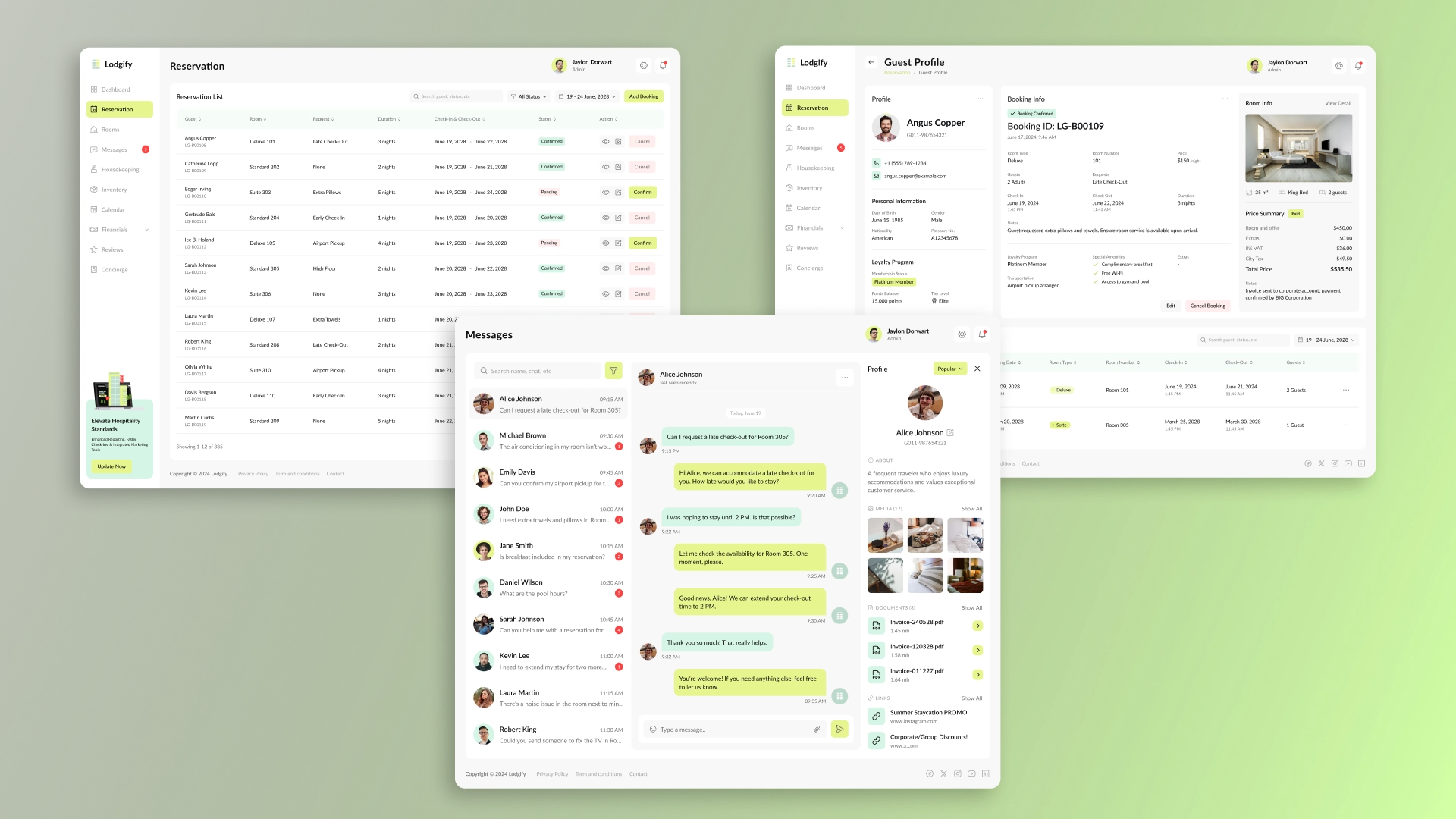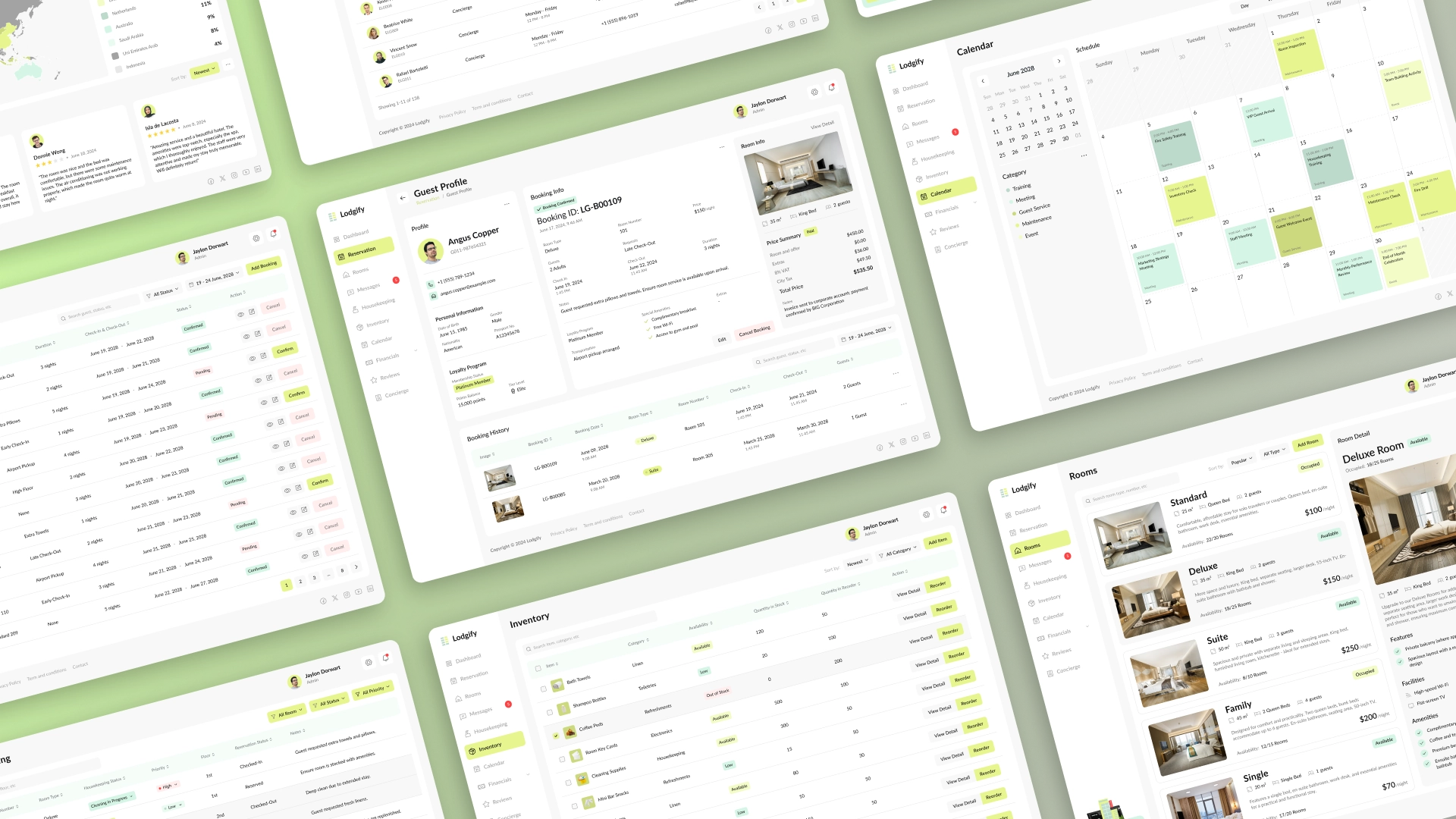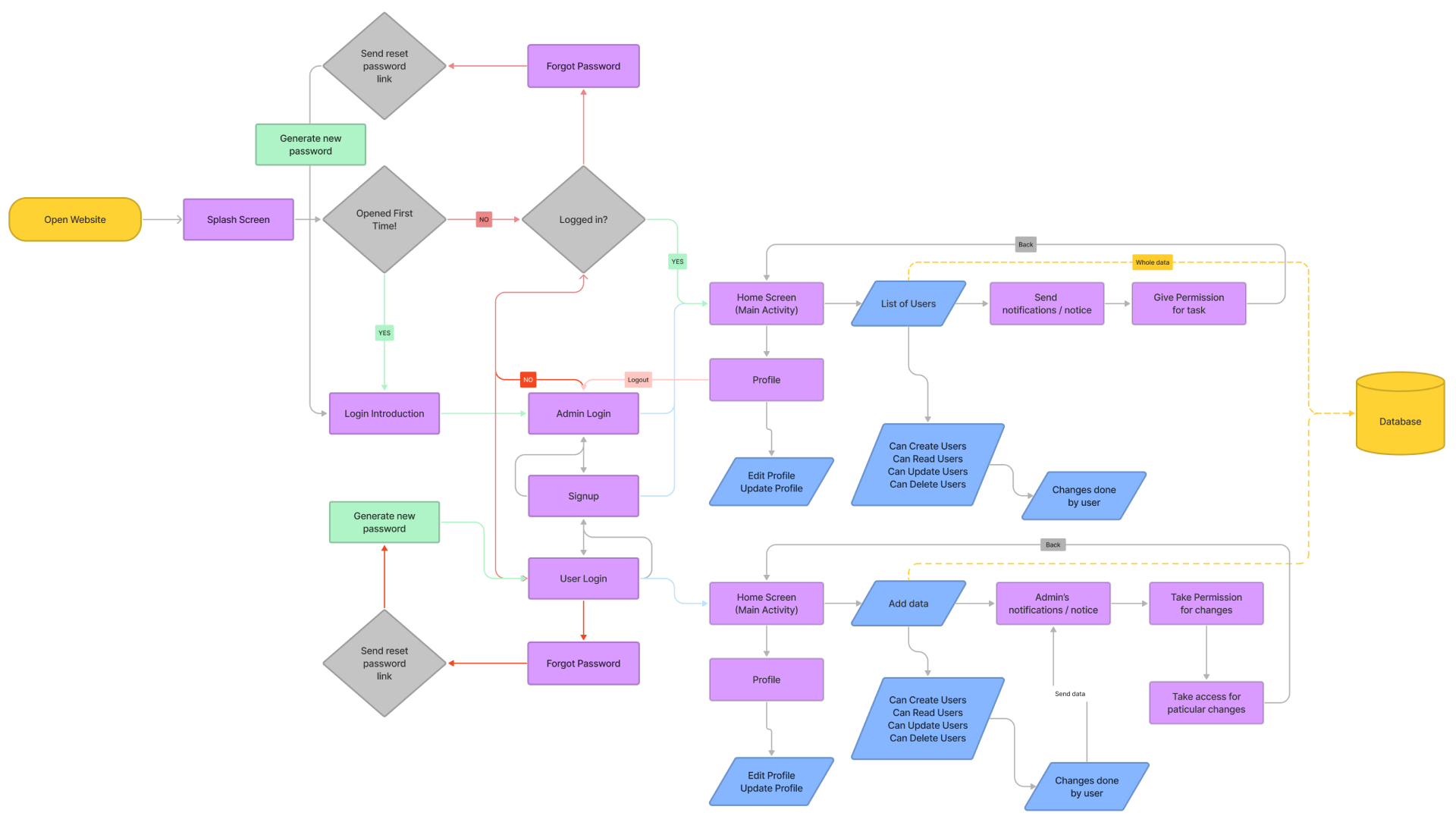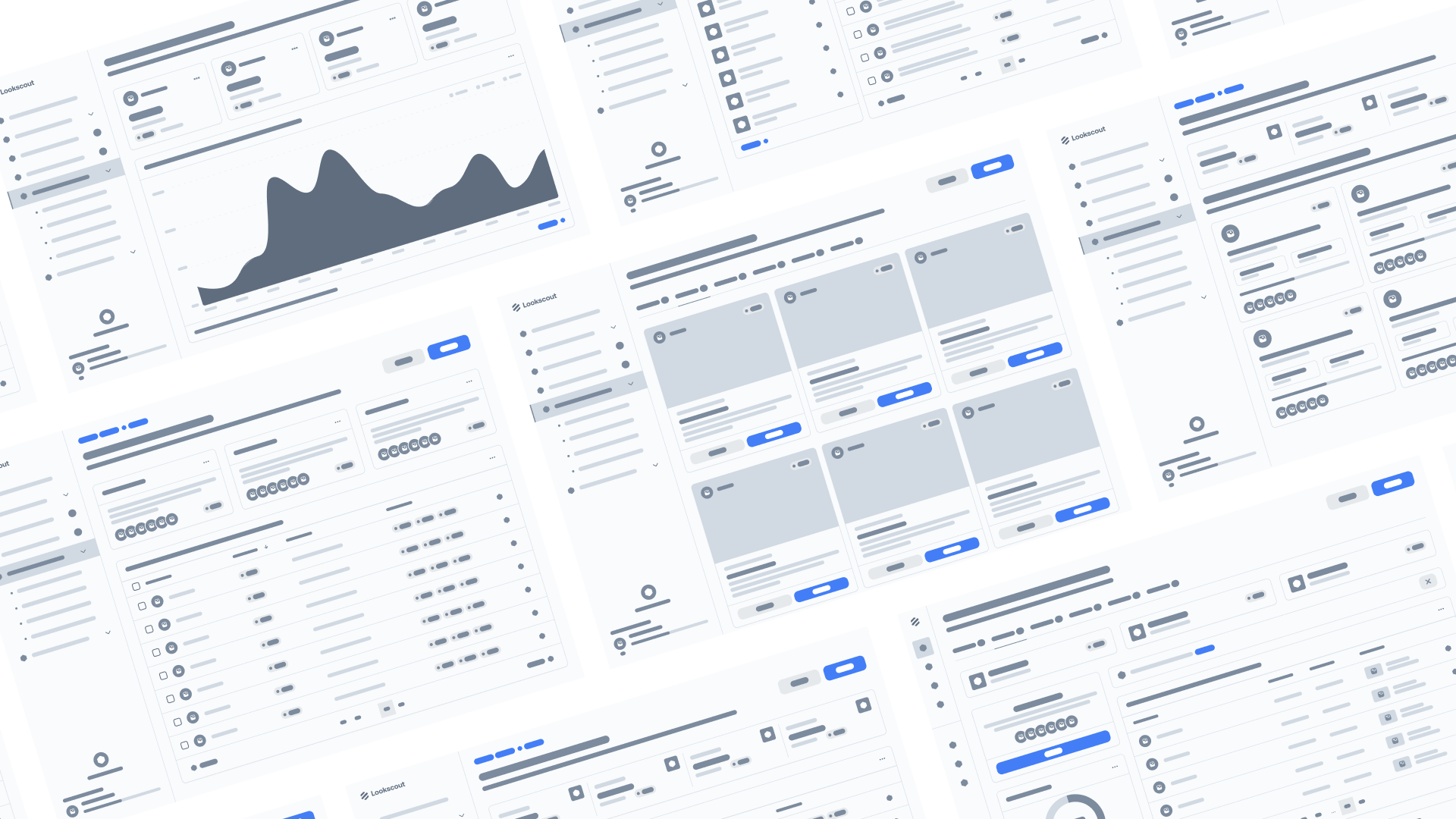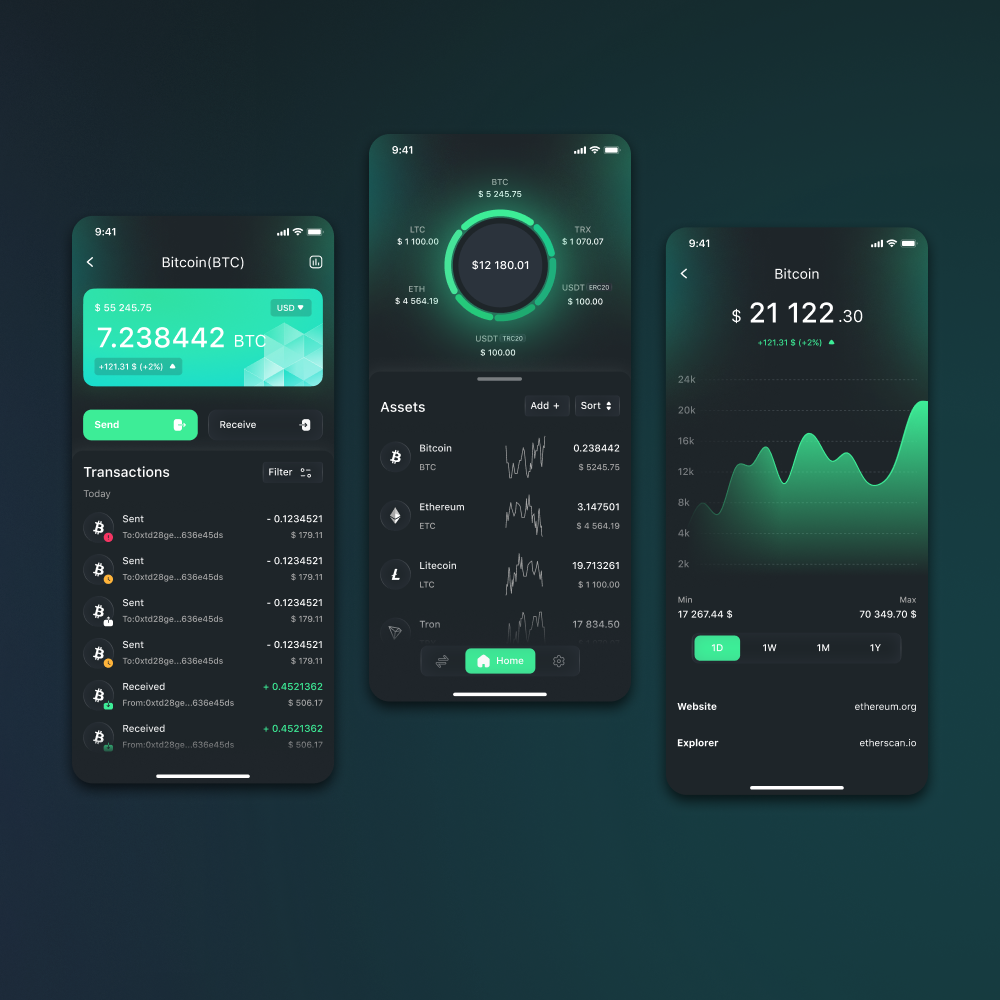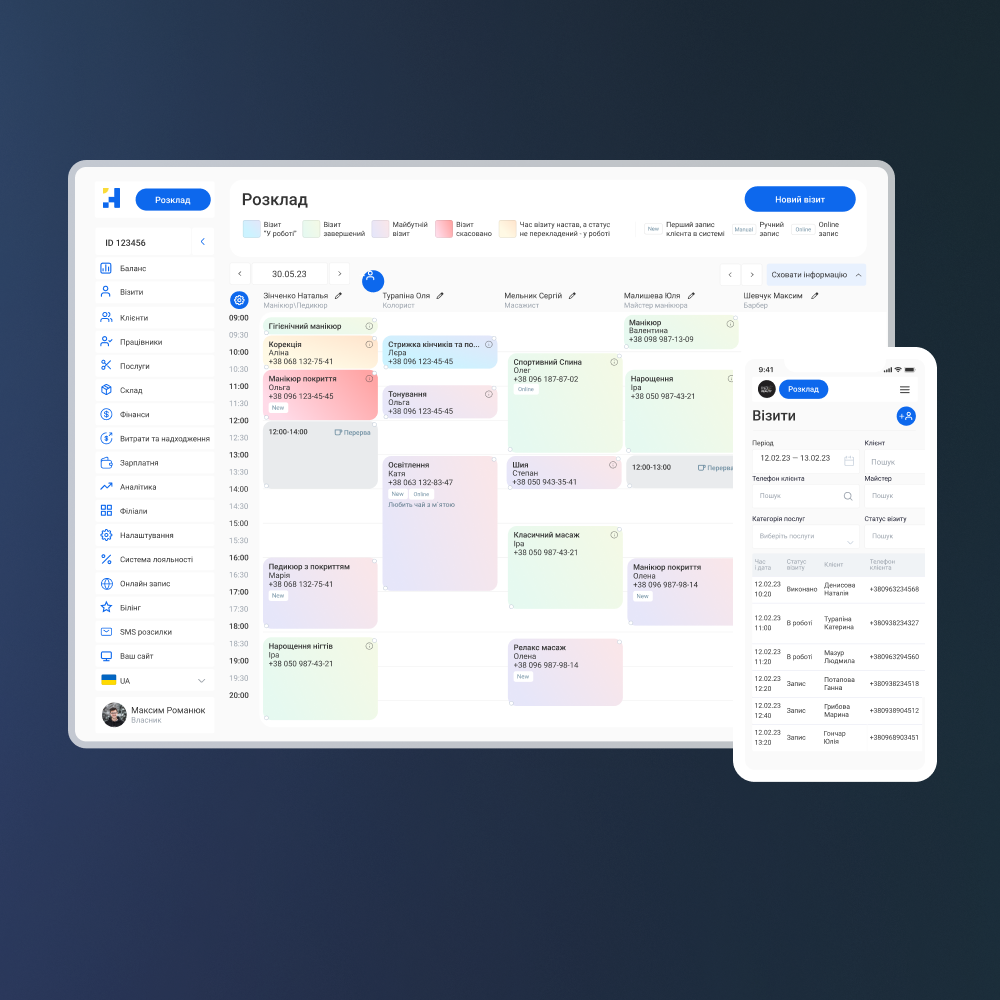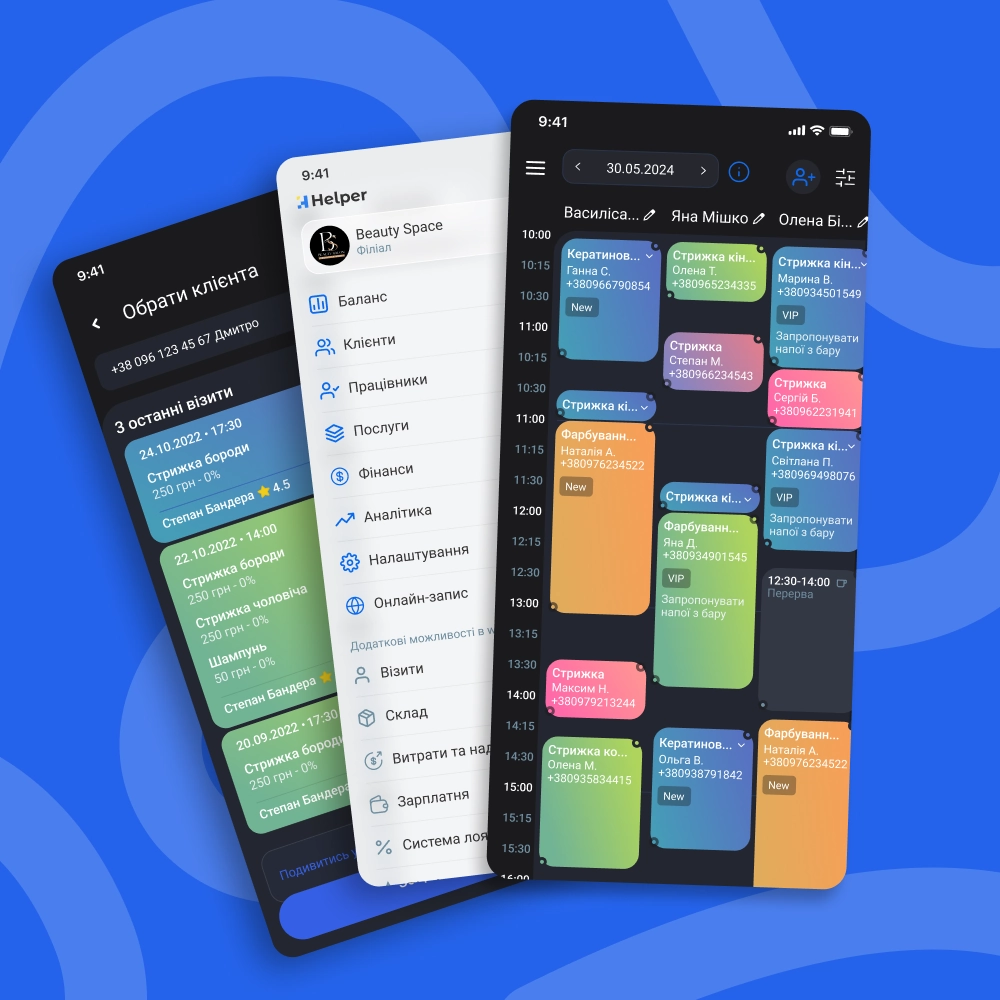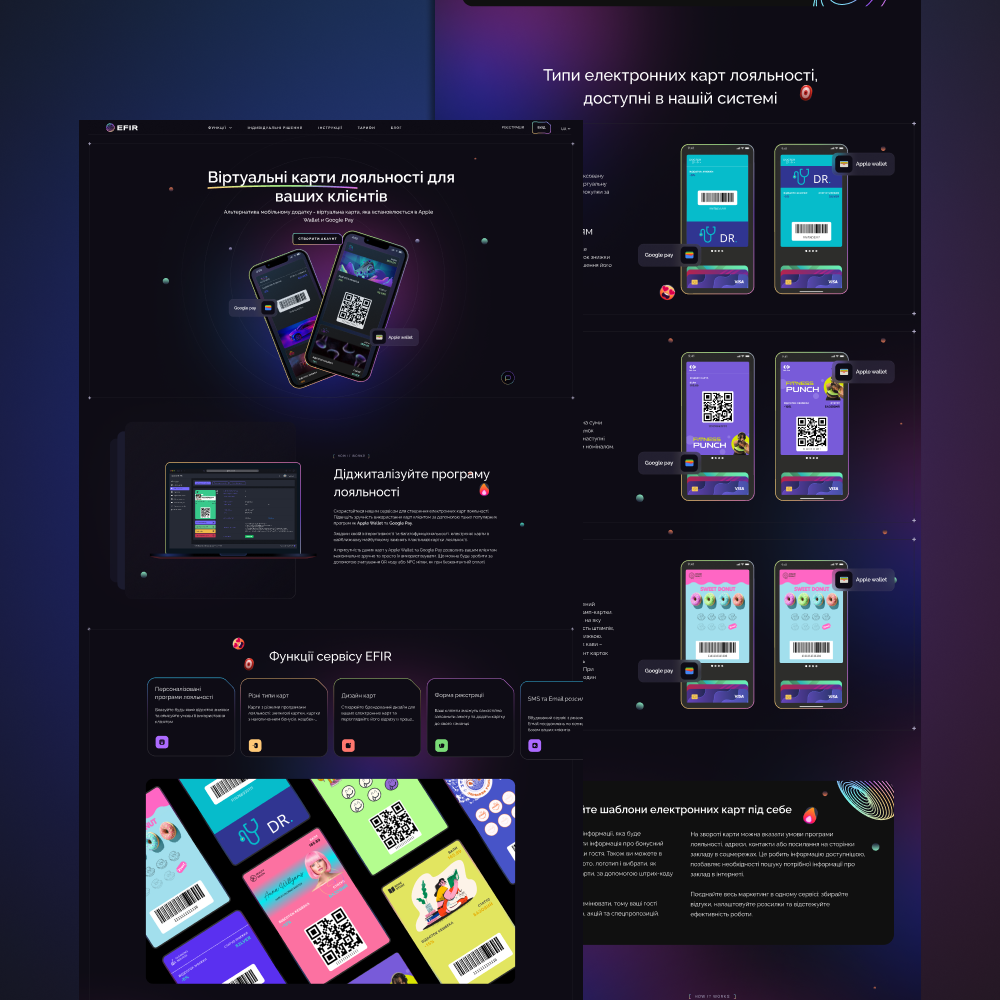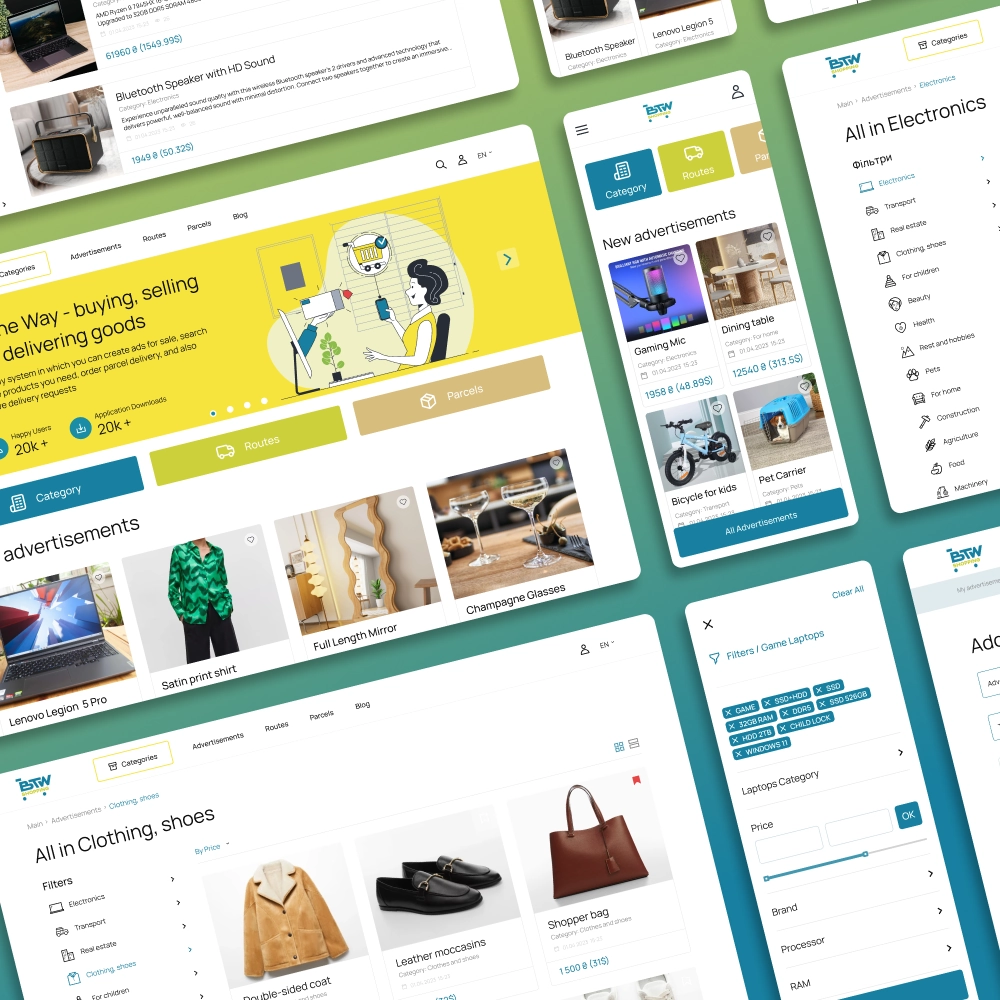








Development of CRM system for hotels
Modern hotel business is largely based on creating positive impressions among guests, which are then transformed into good reviews and attract new customers. At first glance, this task seems simple, but in practice, effective data management, building sales funnels and coordinating internal processes in a hotel are almost impossible without modern technical solutions. One such solution is a CRM system. It combines all data in one place, allows you to build a personalized approach to each visitor and significantly increases business efficiency.
AVADA MEDIA provides a service for developing modern and functional CRM systems for the hospitality industry. We do not just implement technologies, but create complex individual solutions that will help you exceed customer expectations and optimize internal processes.
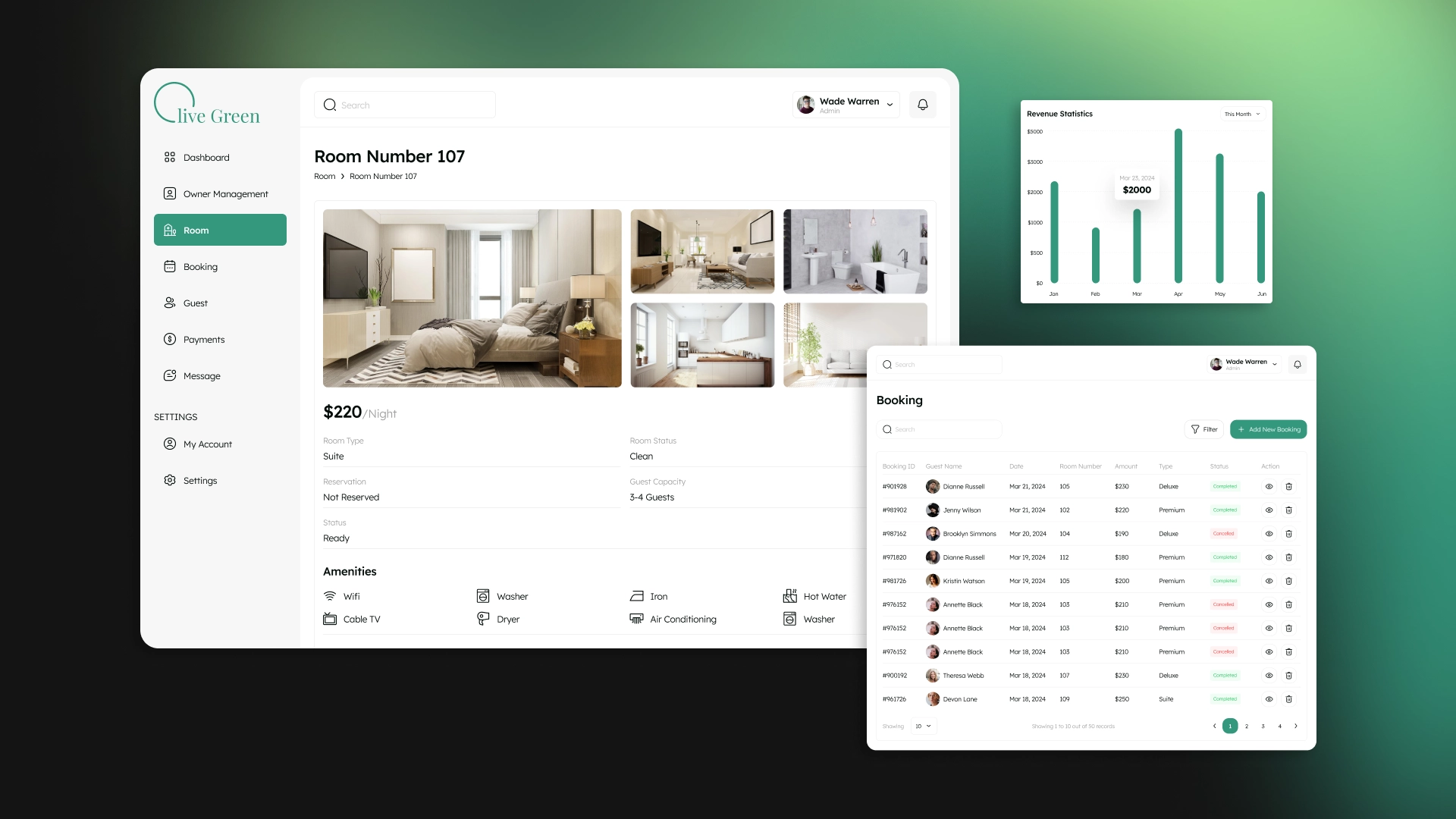
Why does your hotel need a CRM system?
A hotel CRM system turns complex tasks into streamlined and easily manageable processes, thereby improving the quality of guest service and employee efficiency. Here are three main reasons why it is worth investing in developing such a solution:
- Personalized Marketing and Increased Revenue. The CRM system collects and analyzes data on guest behavior and preferences, allowing you to create targeted marketing campaigns. You will be able to offer customers relevant and valuable services, which not only increases guest loyalty, but also increases revenue from additional sales.
- Data for informed decision making. CRM consolidates and structures all customer information, making it available in real time. This helps identify key trends, better understand guest needs, and make accurate management decisions based on analytics.
- Improved customer experience. The system allows your staff to promptly respond to guest requests and offer personalized service. Automated reminders and recommendations help meet customer expectations and build trust
Thus, the implementation of CRM for hotels allows not only to optimize processes and improve service, but also increases business income due to increased audience loyalty and an increase in the number of repeat visits.
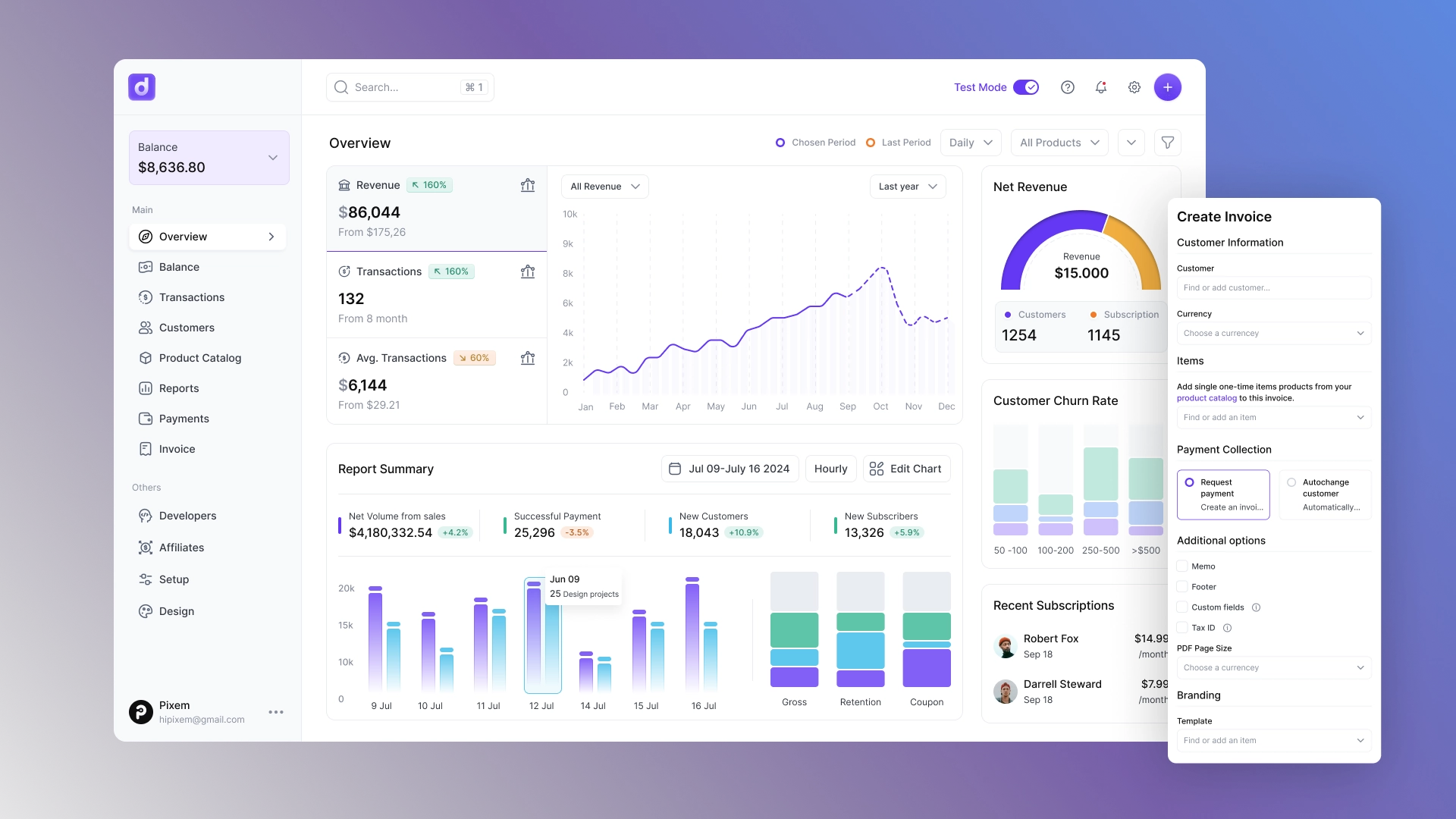
How CRM systems work for the hotel business
Each individual CRM system for a hotel is focused on solving the problems of a specific business, so the operating principle of such solutions may differ in detail. However, we can describe it in general terms:
- Data collection and integration. The CRM system collects information from various sources, such as messengers, forms, social networks and marketing systems. This data is combined into a single database to create a complete picture of each guest.
- Data cleansing. The system eliminates duplicates, corrects errors, and organizes information into accurate, structured guest profiles.
- Integration with touchpoints. CRM makes customer data available to all key hotel services, according to their access level. This allows employees to create the most comfortable conditions for each guest.
- Automation of processes. The system simplifies many routine tasks: booking, sending reminders before arrival, processing feedback, offering additional services. This saves employees time and minimizes the risk of errors.
Benefits of implementing CRM systems for employees and clients of hotels
Implementation of a CRM system for hotels brings benefits not only to hotel guests, but also helps improve processes in different departments of the hotel business. Let's take a closer look at what we are talking about.
Benefits of implementing CRM systems for different hotel departments:
- Sales and Marketing. CRM data allows sales and marketing teams to target the right audience, personalize marketing campaigns, and measure their effectiveness. This helps increase conversions and makes every campaign more effective.
- Guest Services. With access to detailed customer profiles, service agents can provide personalized service, quickly respond to inquiries, and resolve issues promptly. This helps improve the guest experience and builds loyalty.
- Operations Department. CRM helps to efficiently allocate resources and optimize processes based on guest preferences and feedback. This simplifies hotel occupancy management, service planning, and quality control.
- Human Resources. The HR department can use CRM to track employee performance, plan schedules, and identify training needs. This improves HR management and increases employee job satisfaction.
- Finance. CRM systems provide finance departments with revenue data, cost analysis, and budget forecasting. This allows them to make informed decisions, identify savings opportunities, and improve hotel profitability.
Benefits of Implementing CRM Systems for Hotel Clients
- Personalized, data-driven approach. A relationship management system helps employees understand each guest’s needs in advance. For example, room preferences, additional services, or even small details like a favorite drink. For the customer, this creates a sense of personal care, which builds trust and increases satisfaction.
- Self-service convenience. Many customers prefer to manage their bookings themselves, select services, request additional options, or even place orders in the room, for example through the hotel’s website or app. Thanks to integration capabilities, such requests are instantly transferred to the CRM and processed quickly, which makes the guest’s interaction with the hotel fast and convenient.
- Relevant and valuable offers. CRM helps analyze customer behavior to offer them truly valuable and timely services. For example, a guest who frequently books spa services can be offered a discount on them on their next visit, and a visitor who chooses a long-term stay can be offered a package of additional services with transfer and free breakfast. This not only increases the likelihood of sales, but also demonstrates concern for the interests of the client.
- Feedback and service improvement. Guest feedback is incredibly valuable in the hotel business. It helps hotels identify service issues and fix mistakes to continuously improve service quality. A CRM system simplifies the process of collecting and analyzing feedback. For example, it can automatically send out post-checkout surveys, organize comments, and highlight key issues.
- Transparency and control. The CRM system provides guests with complete and reliable information about reservations, services and additional options. For example, customers can easily check the status of their reservation, see available offers and choose the appropriate services before check-in. This eliminates any doubts and creates a comfortable interaction with the hotel, strengthening the trust and satisfaction of guests.
Key functional capabilities of CRM systems for hotels
Let's look at the main functional capabilities of CRM for hotels, which help hotels optimize team work, improve service quality and strengthen relationships with customers, which ultimately leads to increased business profits and guest loyalty:
- Integration with hotel management systems. Automatic synchronization of data on room status, guest arrivals and departures almost completely eliminates errors, and also provides staff with up-to-date information in real time.
- Segmentation of the customer base. Dividing guests into groups based on important parameters, such as frequency of visits, expenses or geography, helps to adapt marketing strategies to specific target audience groups. This increases the efficiency and accuracy of marketing, and also saves advertising budgets.
- Manage customer profiles. The system collects contact information, booking history and interactions with each guest in a single profile. This simplifies staff interaction with customers, as employees can instantly access the necessary information and quickly respond to requests.
- Monitoring of employee tasks. The functionality allows you to track the workload of staff, manage and control the execution of tasks related to guest service, such as cleaning rooms or fulfilling individual orders.
- Reports and analytics. This module provides detailed reports and analysis of key hotel indicators: room occupancy, revenue, marketing campaign effectiveness, guest ratings and staff performance. Accurate analytics helps optimize current hotel processes and better plan resources.
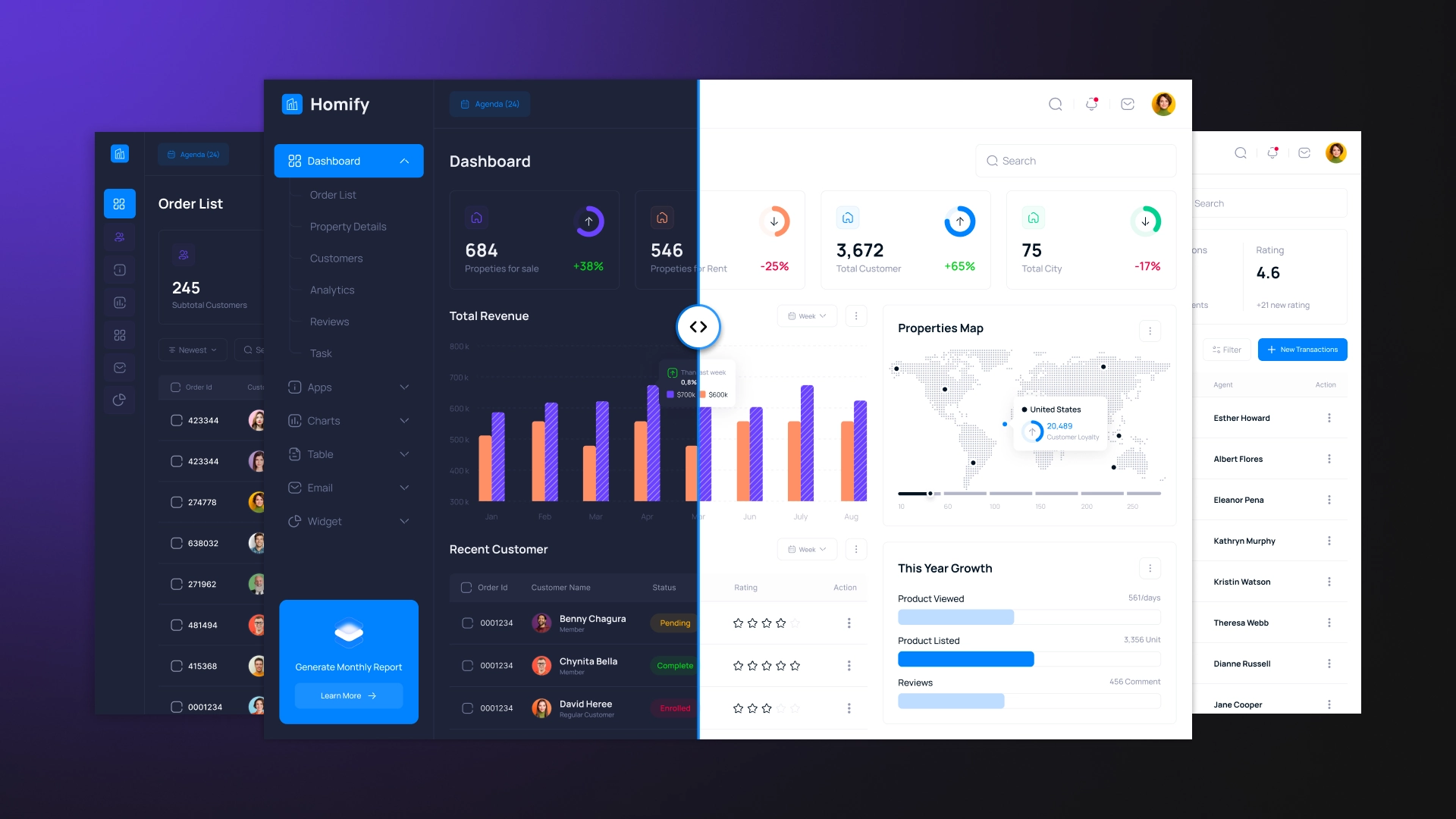
Examples of popular CRM systems for hotels
Before moving on to individual development, it is worth saying a few words about popular CRM for hotels that already exist on the market. They offer wide functionality for automating processes and improving interaction with guests, but due to their standardization, they do not always take into account all the nuances and features of a particular business. However, understanding their capabilities allows you to determine which functions are really important when creating a unique solution for your company.
- Cloudbeds. A universal system for managing hotels of any size. It combines the functionality of CRM, booking management and reporting, which simplifies work with guests and optimizes hotel occupancy.
- Hotelogix. The ideal choice for small and medium-sized hotels. The system allows you to effectively manage reservations, offer personalized services and analyze data to improve the quality of service.
- Salesforce Hospitality Cloud. An effective hospitality solution focused on improving interactions with hotel customers. This CRM includes tools for personalizing service, marketing, and analytics, which helps create a unique experience for each visitor.
- Guestline. A system known for its intuitive interface and ease of integration with other applications. Suitable for automating operations, managing reservations and increasing guest loyalty.
- RoomRaccoon. Simple and effective CRM for small hotels and inns. It features relatively simple but effective functionality that helps manage operations, automate bookings and improve customer interactions.
Technologies and tools for developing CRM systems for hotels and inns
Creating a customized CRM for the hotel business is a complex and multifaceted process that requires the use of modern technologies and tools that ensure high performance, expandability and security of the system. Let's consider the key technologies and tools used by AVADA MEDIA specialists:
- Frontend technologies. To create a convenient and intuitive interface, React and Vue.js are used, which allow developing dynamic applications, as well as design standardization tools such as Bootstrap and Material UI.
- Backend technologies. The choice of technologies for the server part of the CRM depends on the complexity of the tasks, the volume of data and the requirements of a specific project. Python with the Django and Flask frameworks are suitable for rapid development. If flexibility and versatility are required, PHP with Laravel or YII2 is used, and for high-load and corporate solutions, the Java language with the Spring platform is most often used. These tools allow you to create reliable and adaptable systems for individual business needs.
- Databases. Relational databases such as MySQL and PostgreSQL are used to store information about customers, reservations, and transactions. For unstructured data, NoSQL databases such as MongoDB are used.
- Integration with other systems. CRM should support integration with PMS, OTA, payment gateways and other platforms. REST API, GraphQL and webhooks technologies are used for this.
- Cloud technologies. Cloud platforms such as AWS, Google Cloud and Microsoft Azure are used to deploy and expand CRM. They ensure reliability, flexibility and stability of the system.
- Security tools. Encryption technologies such as SSL/TLS and access control solutions such as OAuth 2.0 and JWT are used to protect customer data and financial information. Data leak prevention (DLP) and attack protection systems such as WAF are also implemented.
- Analytics and visualization. Tools such as Power BI, Tableau, and built-in visualization modules based on D3.js or Chart.js are used to analyze data and present it in a convenient form. They allow hotels to effectively evaluate key indicators, analyze customer behavior, build forecasts, and make informed decisions, increasing profits and improving customer service.
Development of CRM systems: main stages
The life cycle of developing a CRM system for hotels and inns consists of several key stages, each of which plays an important role in creating a functional and reliable solution. These steps allow you to take into account business requirements, user expectations and ensure maximum efficiency of the system, so we suggest considering the main ones in more detail.
Business Analysis and Research
At the start of a project, it is important to dive deep into your business. We study the goals, audience, existing processes and identify key tasks. This is not just research, but a search for hidden opportunities for growth.
What does this give:
- Provides insight into the unique needs of your business.
- Helps identify features that will provide the greatest benefit.
- Reduces the risk of missed details or errors in subsequent steps.
Development of technical specifications
The results of the analysis are transformed into a clear technical task (TT) — a document that becomes the main reference point for the team. It describes all the functions, work logic, architecture and integration of the future system.
What does this give:
- Simplifies the interaction between you and developers.
- Sets the scope of the project and aligns expectations.
- Saves time through a structured approach.
Design and prototyping
At this stage, the logical architecture of the system and interface prototypes are created. Prototypes allow you to see and test key usage scenarios and make adjustments before programming begins.
What does this give:
- Allows you to identify and eliminate deficiencies in advance.
- Ensures convenience and intuitiveness of the future interface.
- Saves resources by testing ideas early.
Design development
Design is not only about beauty, but also about functionality. We develop a convenient and intuitive interface that takes into account the needs of users. The balance of aesthetics and practicality is important here.
What does this give:
- Simplifies the work of employees thanks to the user-friendly interface.
- Creates a positive impression on system users.
- Increases team productivity through ergonomics.
Technical development
The main stage, where everything planned takes shape. The server part, user interface, integrations with external platforms and automation modules are developed.
What you get as a result:
- A working system that meets all requirements.
- Full compatibility and integration with your existing solutions.
Testing
Before launch, CRM undergoes a thorough check at all levels: from functionality and performance to data security. We test the system in conditions as close to real as possible to guarantee its stable operation.
What you get as a result:
- A reliable system that works without errors.
- Proven data protection: for both your customers and your business.
- Confidence in the system’s readiness for integration into real business processes.
Release
The finished system is implemented into the hotel's operations. We integrate it with your current platforms, conduct staff training and perform a test run to identify possible improvements.
What does this give:
- Quick start to use the system.
- Easy learning of the functionality by your employees.
- Increasing business efficiency from the first days of operation.
Support and development of the project
The system evolves with your business. We provide support, troubleshoot issues, and add new features as needed.
What you get:
- Constant adaptation to new tasks and changes.
- Prompt resolution of any technical issues.
- Expanding CRM capabilities to increase revenue and grow your business.
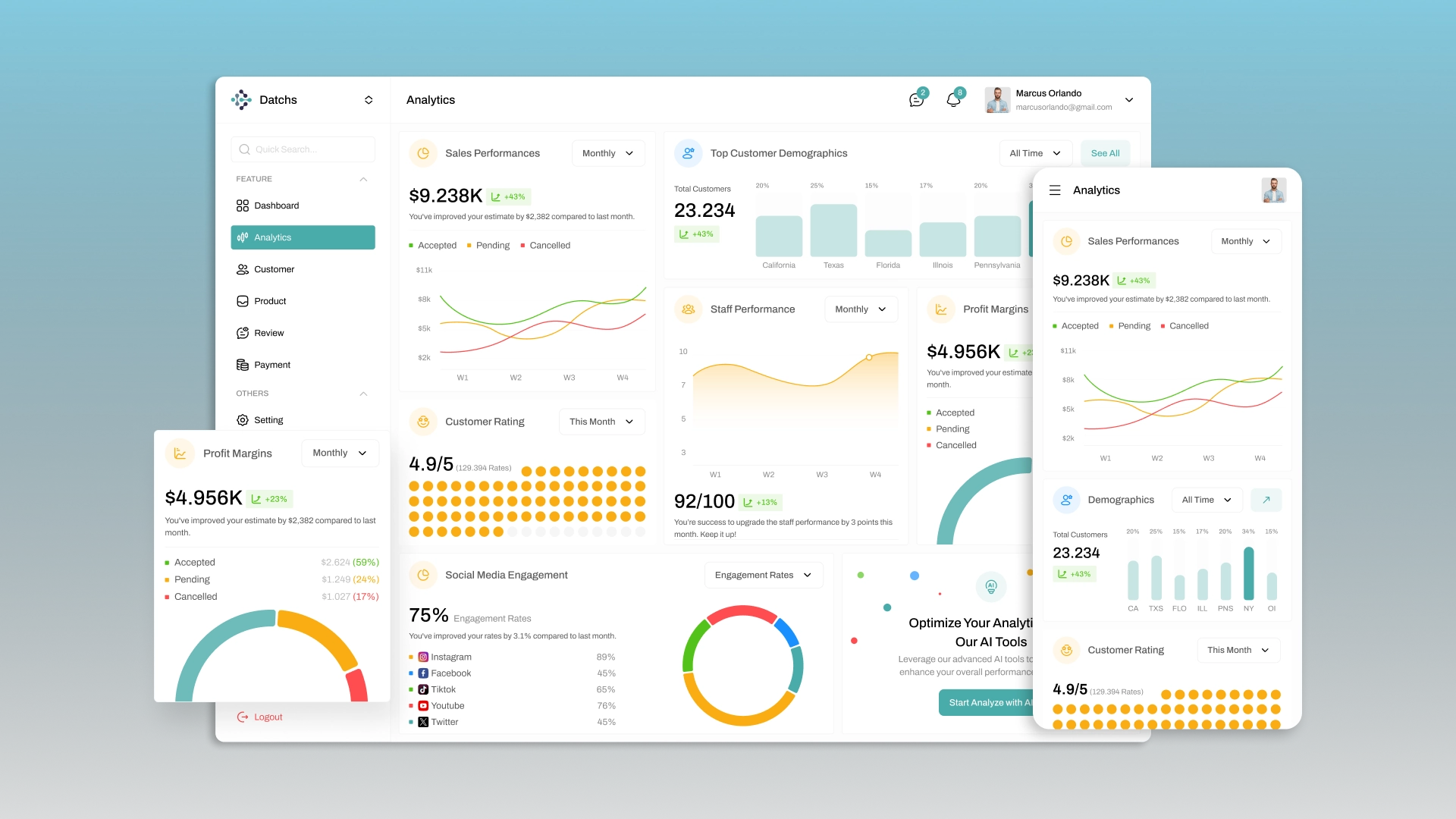
Why it is worth starting cooperation with AVADA MEDIA
AVADA MEDIA provides high-quality services for the development of reliable and effective CRM systems that not only automate hotel processes, but also provide an unforgettable experience for your guests. We rely on advanced technologies, an individual approach and deep expertise in the hospitality industry to create solutions that perfectly match the tasks of your business.
By cooperating with us, you get:
- Access to modern technologies . We use the latest development tools and methodologies to ensure the reliability, performance and flexibility of your systems.
- Qualified specialists . Our team consists of experienced experts who not only have the latest technologies, but also understand the specifics of the hotel business.
- Full development cycle . We support the project at all stages - from analysis and design to implementation and launch.
- Long-term support . We continue to work with you after the project is completed, helping to develop and adapt the CRM system to the growing needs of the market and your business.
Are you planning to implement a CRM? We will help you turn ideas into effective solutions that will take your business to the next level! Let's schedule a discussion of your project - to do this, fill out the form or write to us in messengers.
-
Why does my hotel need a CRM system?
A CRM system allows you to optimize internal processes, improve service quality, and improve interaction with guests. It helps create personalized offers, which helps increase loyalty and the number of repeat visits. In addition, automating routine tasks such as reminders or processing feedback reduces the workload of employees and increases their productivity.
-
What technologies do you use when developing CRM?
We use modern technologies such as React and Vue.js to create the interface, Python, PHP or Java for the server part, as well as cloud platforms AWS, Google Cloud and API systems for integration with other platforms. Usually, the stack for each project is selected individually, at the design stage, when the technical requirements and tasks of the future CRM become clear.
-
How long does it take to develop a CRM system in your company?
The development time depends on various factors, including the complexity of the functionality, the specifics of the project and your requirements. Individual solutions for small hotels are often created within 2-3 months, while larger and more complex projects take up to six months.
-
How difficult is it to train staff to work with CRM?
Our systems are designed with user-friendliness in mind. We provide staff training and detailed instructions so that your employees can master the new software as quickly as possible and use it effectively in their work.
